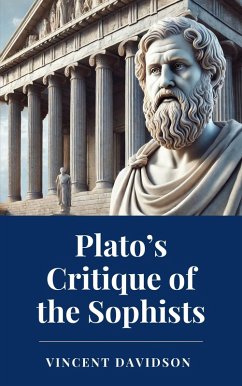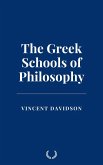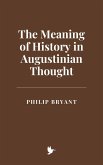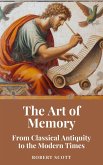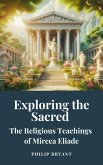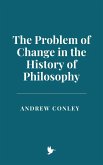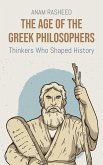Plato's concept of the philosopher-king, his theory of the eternal Forms, and his dialectical method all serve as counterpoints to the Sophistic emphasis on rhetorical skill, adaptability, and success in public life. By contrasting Plato's essentialism, which views human nature as intrinsically rational and oriented toward the Good, with the Sophists' skepticism, this book highlights Plato's belief that the pursuit of knowledge is a moral endeavor, one that transcends personal ambition and aligns the soul with universal principles of justice and virtue.
The book concludes with a reflection on Plato's lasting impact on Western philosophy, considering how his critique of Sophistic relativism shaped the intellectual tradition that emphasizes objective truth, ethical responsibility, and the transformative power of knowledge. Plato's vision remains relevant in contemporary discussions on education, ethics, and politics, offering a profound challenge to modern relativism and a reminder of the enduring value of truth and virtue in human life.
Dieser Download kann aus rechtlichen Gründen nur mit Rechnungsadresse in A, B, CY, CZ, D, DK, EW, E, FIN, F, GR, H, IRL, I, LT, L, LR, M, NL, PL, P, R, S, SLO, SK ausgeliefert werden.

